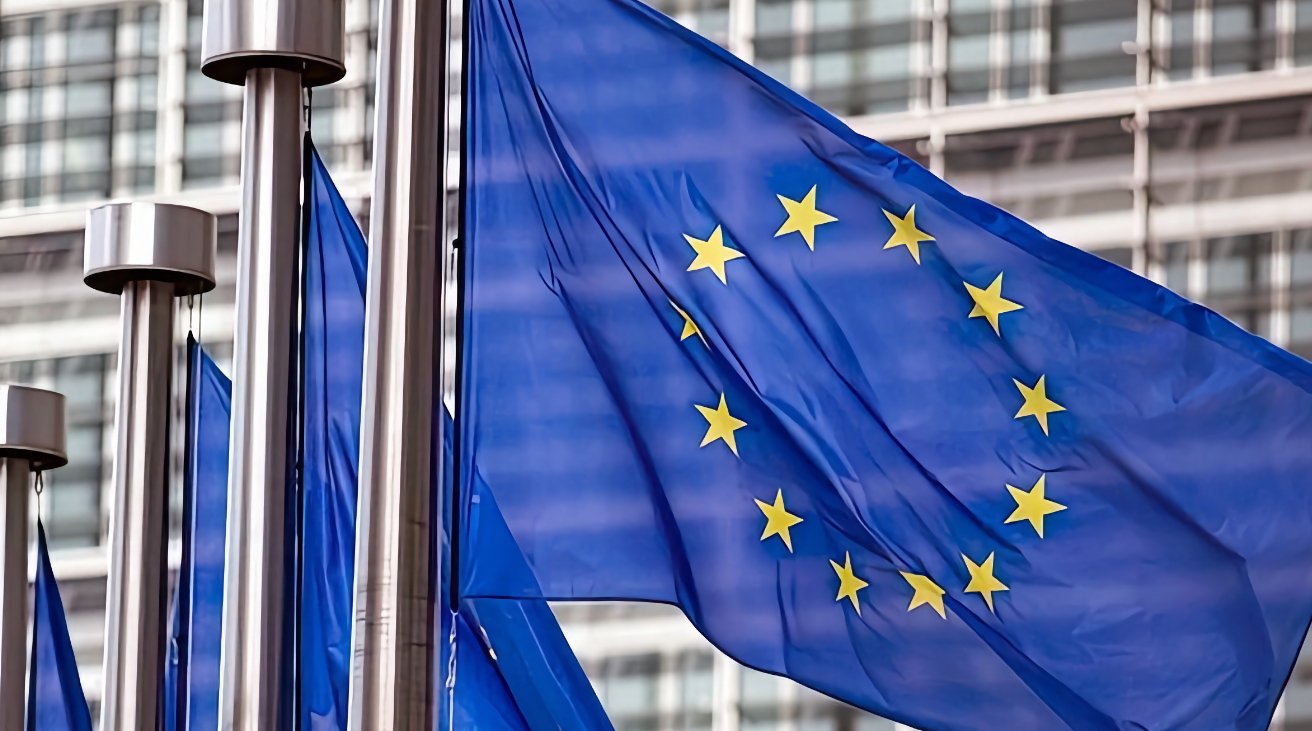Antitrust chief Margrethe Vestager still wants to favor the dominant music streaming service in the EU, and says that Apple must allow Spotify's latest iOS antisteering update immediately.

The European Union suspects Big Tech firms are avoiding their responsibilities to the publc
Central to Spotify's iOS app is the addition of a link to its website, and details showing EU users the different pricing there. Previously not allowed by Apple, this is now permitted under EU regulations, but Spotify has been complaining that Apple is blocking the update.
Speaking to CNBC the EU's Margrethe Vestager said her office was continuing to investigate Spotify's complaint that it is being prevented from reaching its audience. Spotify is currently the leading music streaming service in the world, while Apple Music is variously in fourth or fifth place.
"This is absolutely top priority because it's about our choice as consumers," she said. "You can choose to pay within the Apple system and pay a 30% surcharge in order for that, but it should also be possible for you just to have a direct relationship with your service provider and pay the price that they're asking without the 30% Apple service fee."
Spotify doesn't pay 30% for all customers it holds, and not even close to a majority of them. That 30% applies to the first year of a maintained subscription, and it pays 15% on subscribers that it has held for over a year.
How many customers Spotify holds at each tier in April 2024 is unclear. However, in a 2019 regulatory filing, Apple said it collected 15% on 680,000 customers out of more than 100 million Premium subscribers worldwide.
Spotify itself hasn't ever disclosed this information. The company also keeps hammering on this 30% fee in blog posts and court filings, and Vestager continues to repeat it.
"So it's really high priority for us to get Apple to comply with this," she continued, "and we're investigating this as a very high priority."
Vestager is the Executive Vice President of the European Commission for A Europe Fit for the Digital Age, and said that the EU was concerned with all Big Tech firms. "We have the suspicion that these companies are not living up to their obligations," she said of Apple, Google, Meta and more.
"They play a very important role in the digital markets," she continued, "and if they close the market, then no other business literally has a fair chance of getting to their customers."
Smartphone monopolies and AI
CNBCasked Vestager whether she considers that Apple has a monopoly on smartphones. It has been accused of this nonsensically by the Department of Justice (DOJ) and politicians, despite the iPhone reaching only 51% of the US population.
Vestager stressed that she is not involved in the US DOJ case. But she did have a better answer than the most recent proponent of breaking up Apple's non-existent monopoly, Senator Elizabeth Warren.
"I think what we see is that there are indeed very different and very separate markets when it comes to smartphones," said Vestager, "and [a] very high end, very expensive phone is not in the same market as a very, you know, affordable, cheaper phone."
"So one should be very nuanced when it comes to comparing phones," she continued. "Because those in the market for very high end are not in the market for any number of other phones."
Vestager was also asked about AI and called it an "existential risk for each and every one of us," especially in an election year.
"We have brought our European house in order [and] now have an AI act that kicks in full within six, 18, 24 months," she said. "But right here and now, you know, we're also asking AI providers to be very prudent."
"This is an enormous election year," she continued. "We need for service providers to make sure that when AI sort of enters into that space, that artificial content can be recognized, that deep fakes can be dealt with, because if not, well, then the integrity of our election is put at risk."
Separately, the EU launched a series of mass Digital Markets Act violation probes against Apple, Google, and Meta, in March 2024.
